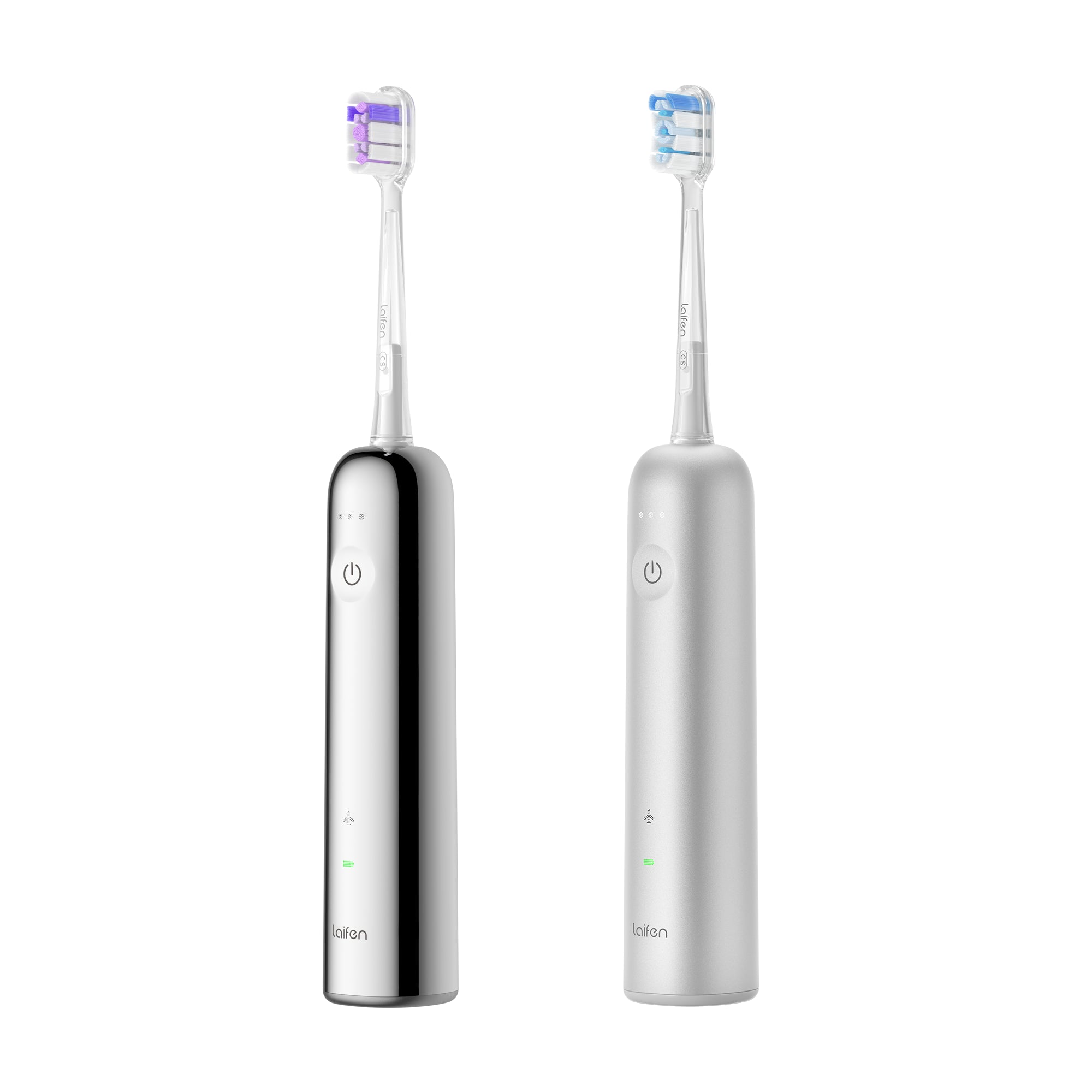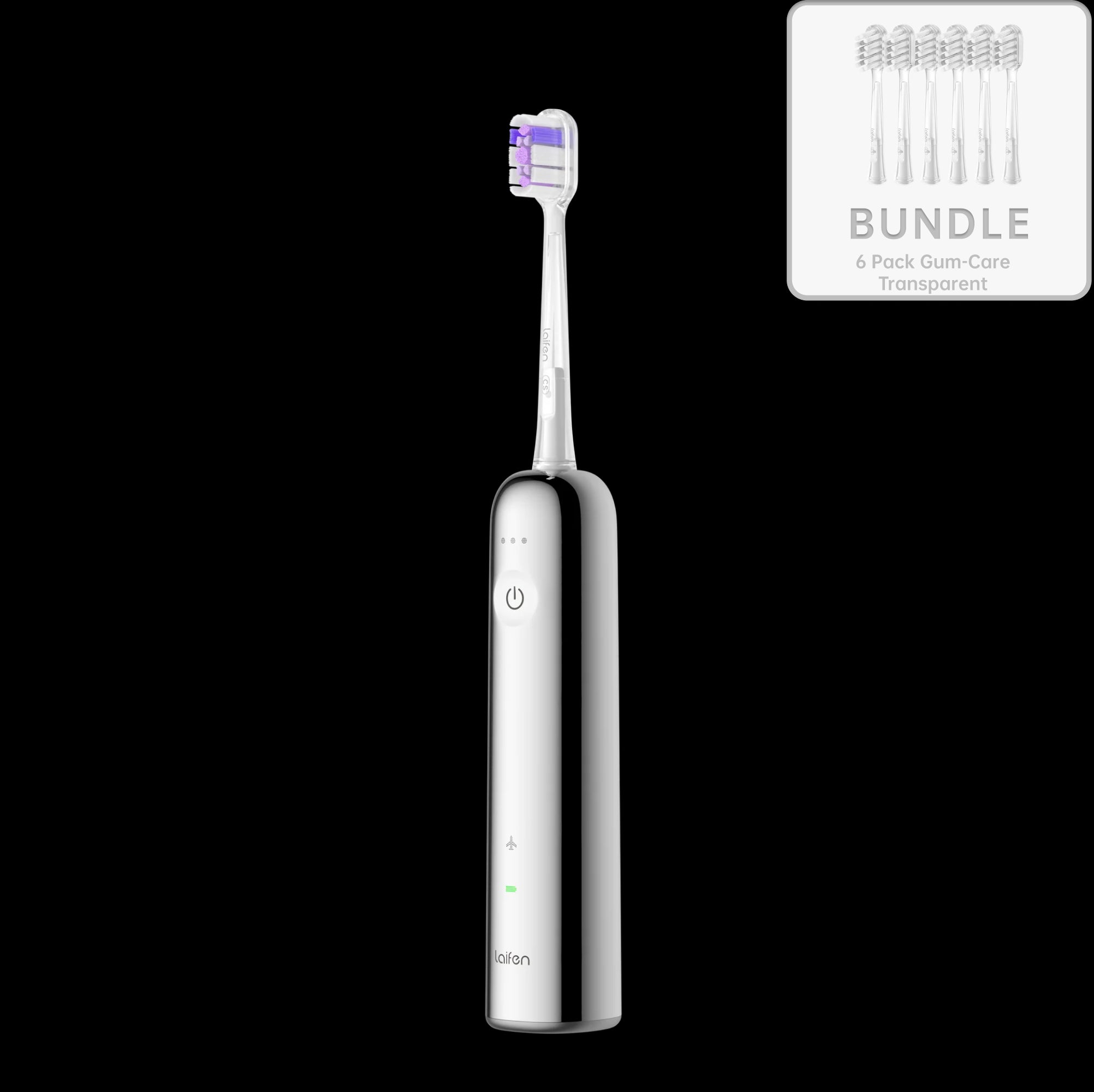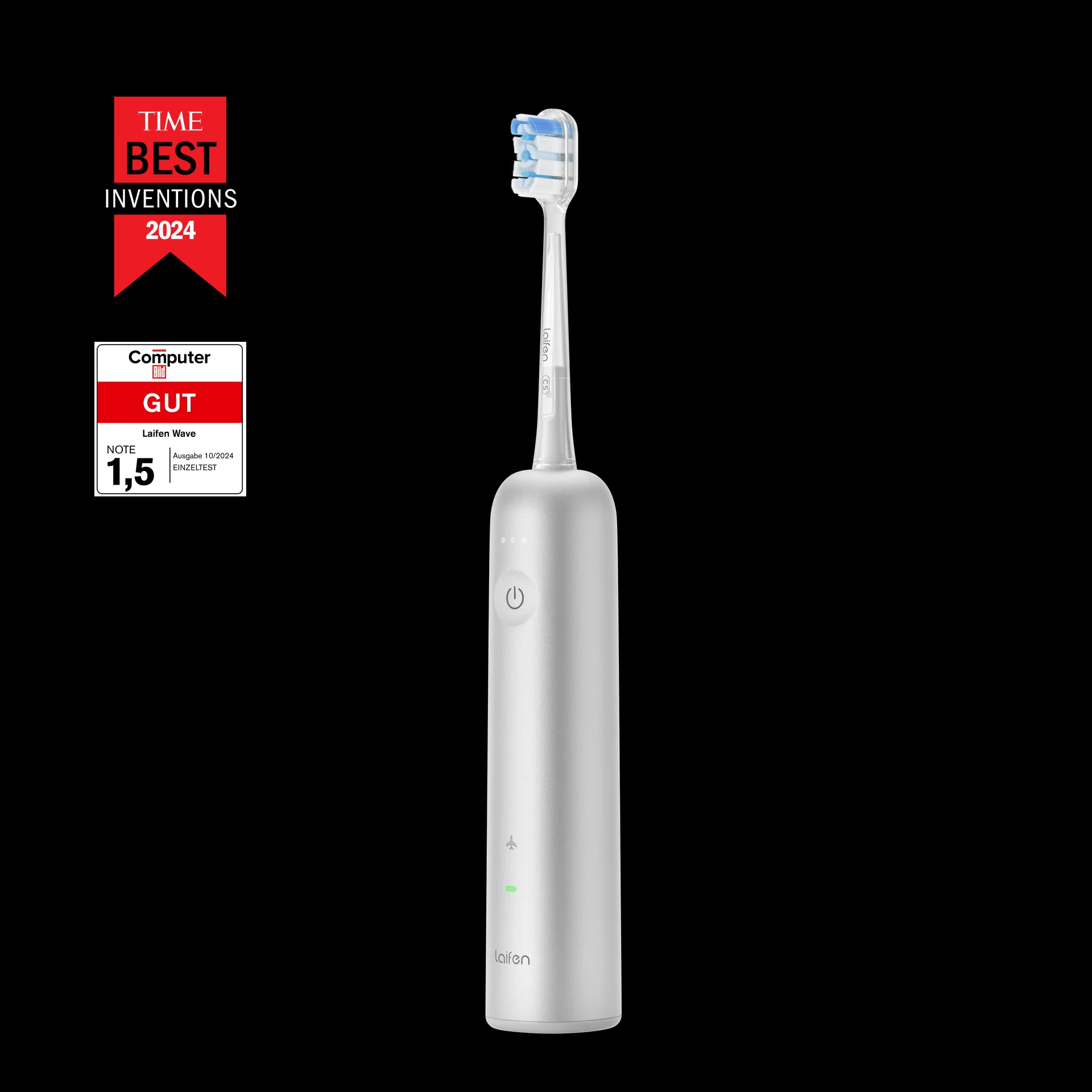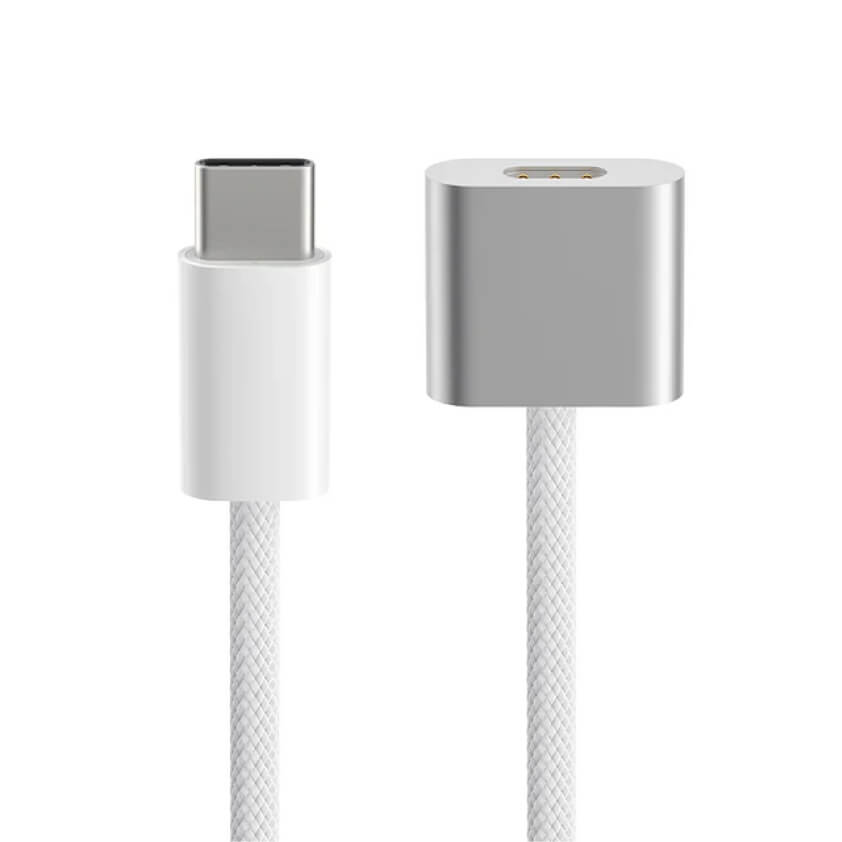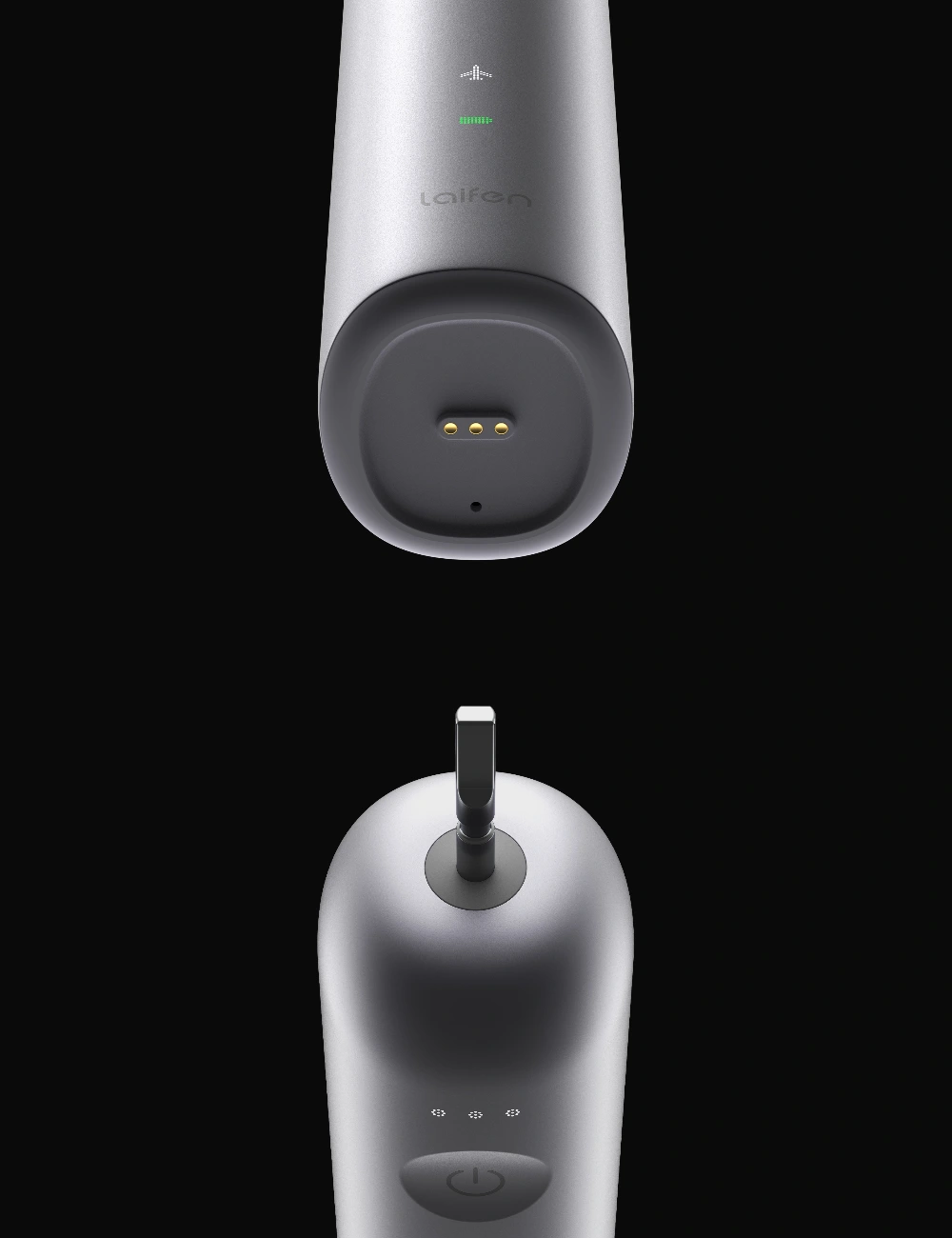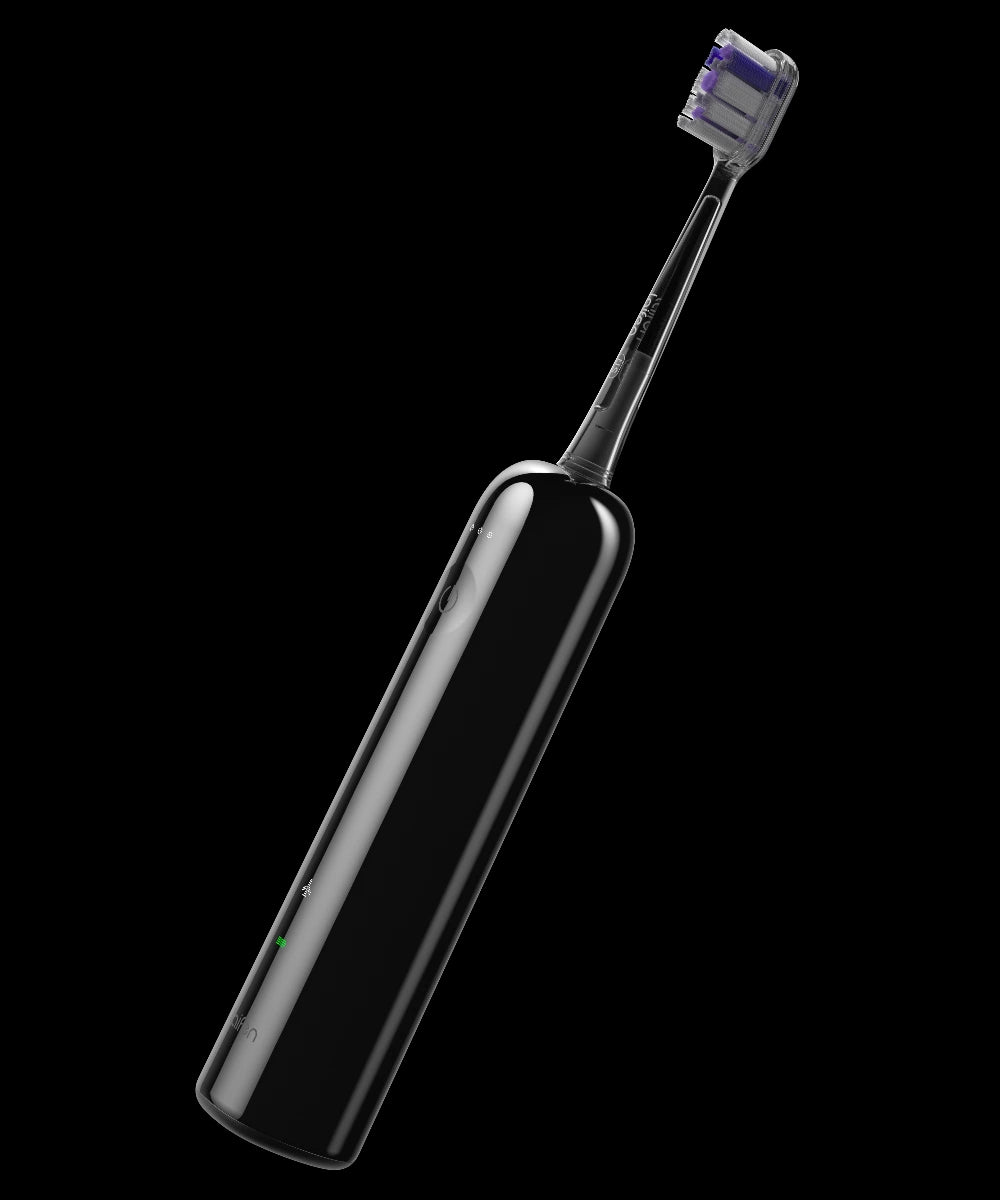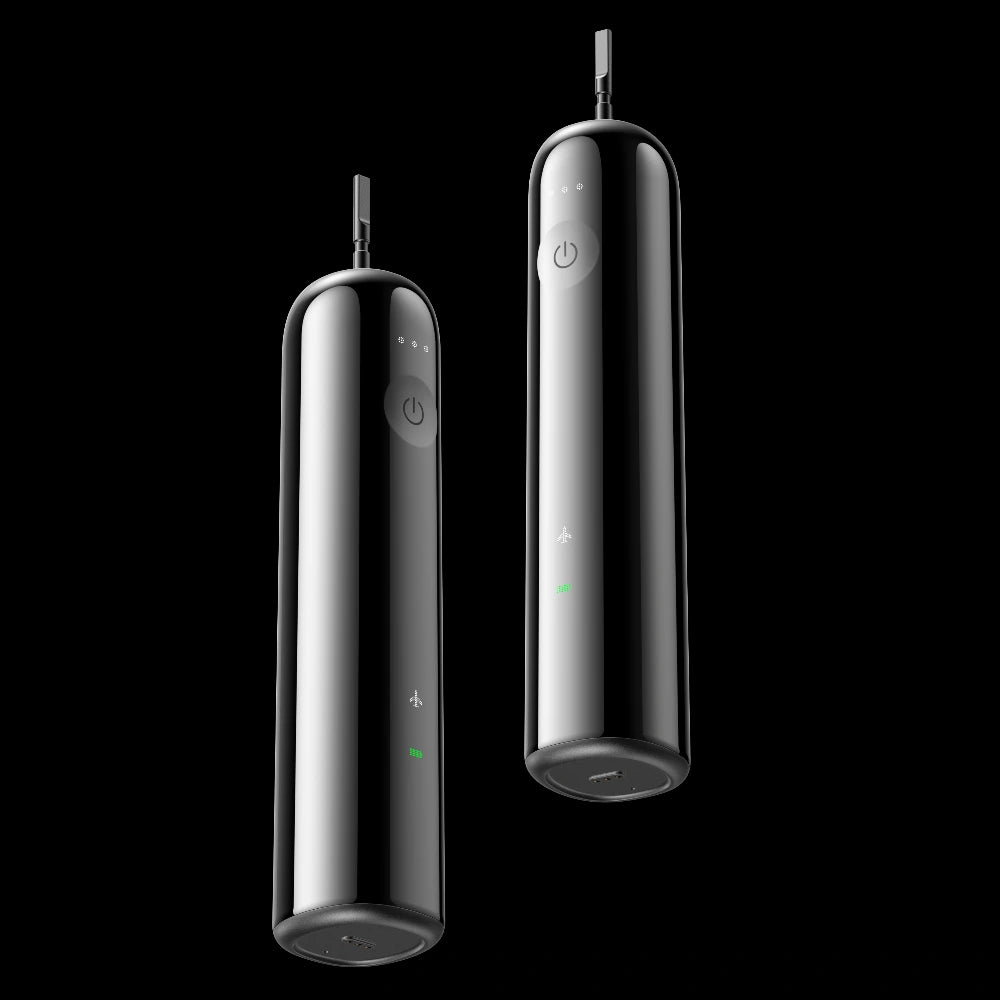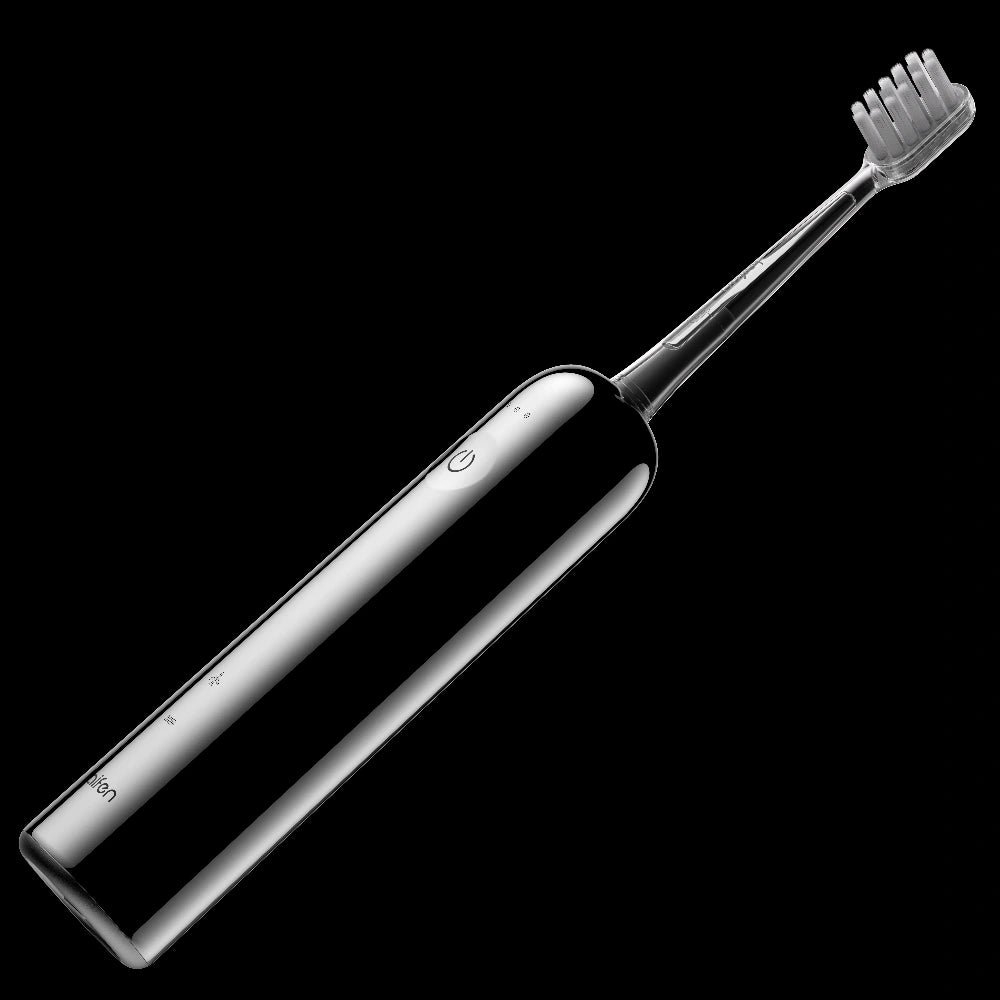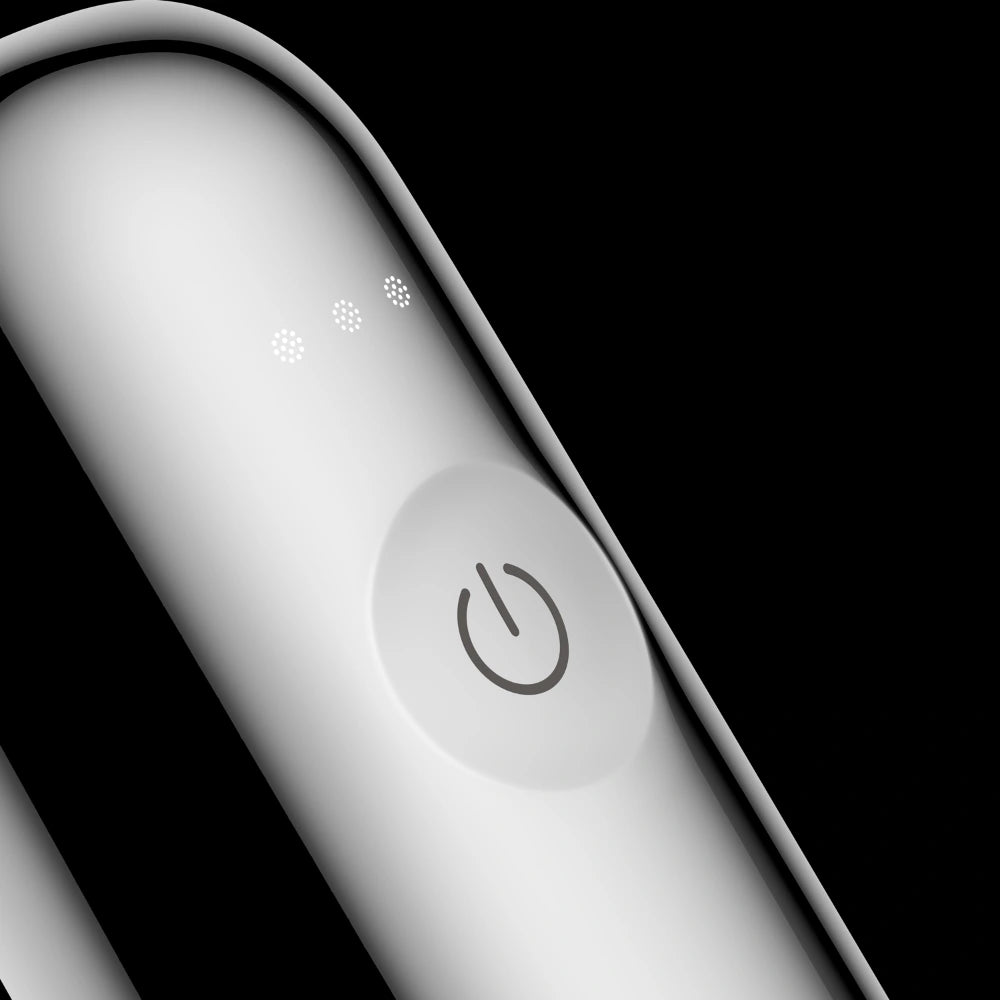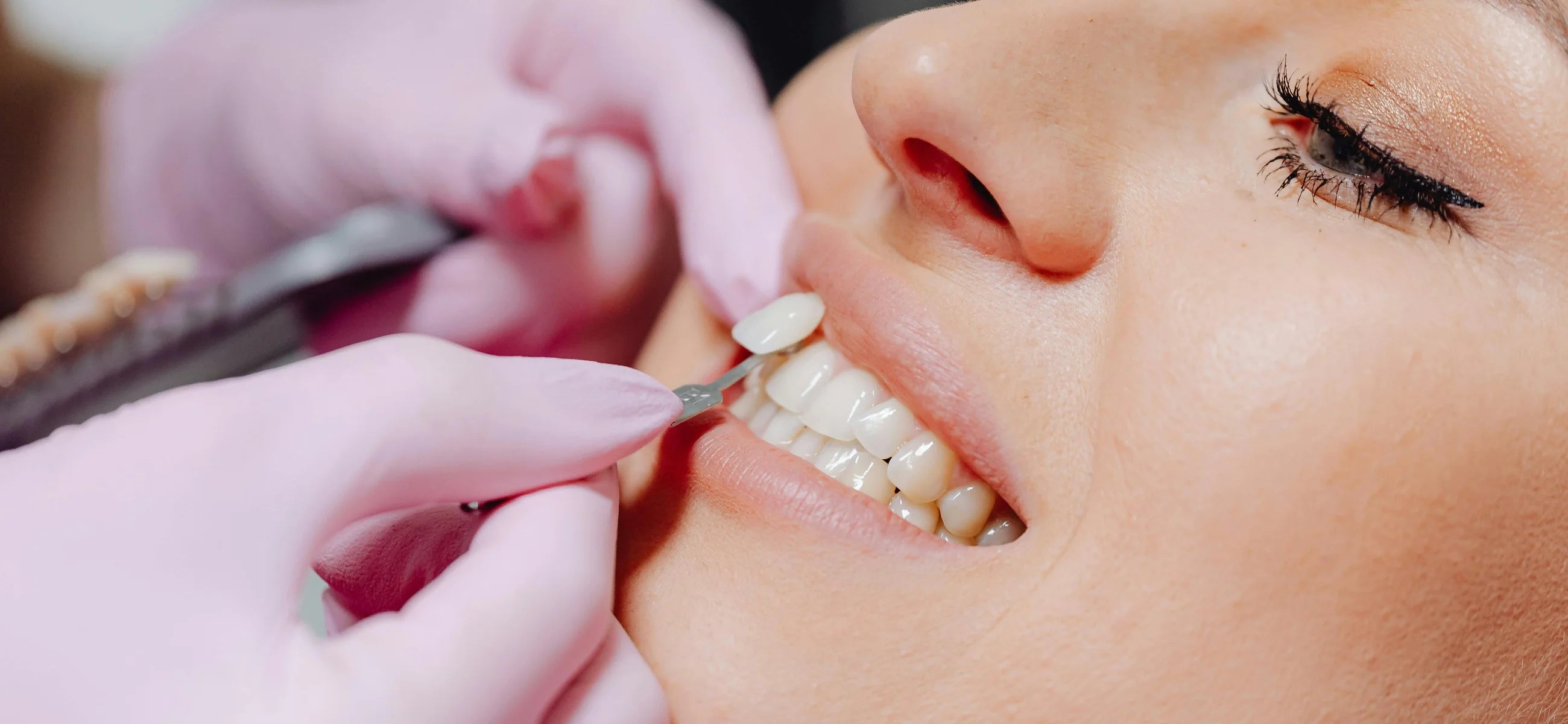
In this article
There are several ways to enhance your smile, and dental veneers are among the most popular options. They're easy to fit and don't require invasive dental surgery, meaning you can improve the look of your teeth with relative ease.
In this article, we take a deep dive into veneers and look at what types there are and how exactly they work. For nuance, we look at both the pros and cons of this type of treatment and compare them to dental implants to help you decide if they're a good option for you.
What are dental veneers?
Dental veneers are a popular form of cosmetic dentistry as they enhance the way that your teeth look. They consist of custom-made shells that are added to the front of your teeth to make them look brighter and healthier.
There are several types of dental veneers available, depending on what you're trying to achieve via a cosmetic dentistry procedure. However, most people turn to veneers to cover up chips, cracks or discoloration.
While reasonably expensive, dental veneers do a great job of improving the way your pearly whites look and are a great option if you're keen to improve your smile.
Types of dental veneers
There are several types of dental veneers to consider, depending on what you hope to achieve and your available budget. They include:
[See also: Types of dental implants]
Composite dental veneers
This type of veneer is best suited to mild cosmetic issues, such as slight discoloration or stained teeth. Your dentist will use a composite resin to create the veneer, before applying it to the front of your tooth or teeth.
Porcelain veneers
Often regarded as the best dental veneers, those made of porcelain are custom-made to fit your teeth and can cover up numerous imperfections. To create porcelain veneers, your dentist removes enamel from your actual teeth, which roughens the surface of your teeth to help the veneers stay in place.
Removable dental veneers
Sometimes referred to as “pop-on veneers” this removable option is a bit like a retainer, in so much that you can remove it at any time you wish. Though some people complain that removable veneers affect their speech, they can be a viable option if you don't want permanent veneers like porcelain or composite options.
What's the process? How do veneers work?
There are typically two stages to any dental veneer treatment. The first stage is a trip to the dentist's office to address your concerns and explain what you're looking for. The dentist will then take impressions of your teeth and send off for custom-made veneers when you agree on the type you want.
Then, in phase two, you will return to the dentist's office to have the veneers installed. With permanent veneers, they are bonded in place using dental cement.
After this, you might need to visit for a subsequent check-up, but most people can go about their normal business without any issues after having dental veneers placed.
How long do dental veneers last?
For most people, permanent veneers should last for 10-15 years without any issue, provided they are well cared for. Therefore, they are semi-permanent.
Cost of veneers dental?
The cost of the procedure depends on numerous factors, including where you live and the type of veneers that you want to go for.
As a general guide, you can expect veneers to cost upwards of $500 per tooth, which involves both stages of the treatment.
Does dental insurance cover veneers? Again, this depends. You should check the fine print of your policy document to see if veneers are covered, but as it is a cosmetic procedure, it's likely to be excluded from many policies.
Dental veneers pros and cons
Though many people regard veneers as a great way to treat tooth imperfections, there are both pros and cons to consider, as we detail below:
|
Pros |
Cons |
|
They cover imperfections in your teeth, improving your smile |
They are expensive and not commonly covered by insurance |
|
They can last for 10-15 years if you look after them properly |
You will lose some of your teeth's natural enamel |
|
They are less susceptible to stains when compared to your natural teeth |
They can increase the sensitivity of your teeth |
Dental implants vs veneers - what to know?
Both dental implants and veneers can help to improve your smile, but they are different. A veneer is essentially a thin shell that is added to the surface of your teeth to cover minor discoloration or imperfections such as cracks and chips.
On the other hand, dental implants are custom-made roots that are designed to secure replacement teeth in place. What's more, implants need to be surgically implanted into the jawbone and are a much more invasive form of treatment.
If you're unsure about which type of treatment to opt for, book an initial consultation with your dentist, who can perform an examination before making a recommendation.
Conclusion
Veneers are one of the most popular types of cosmetic dentistry, as they give you the chance to cover imperfections and discoloration without requiring any form of invasive surgery.
The main drawback to veneers is that they are expensive and not often covered by insurance policies, which is important to consider.
Still, if you have the budget available, veneers are a great way to enhance your smile and improve your confidence.





